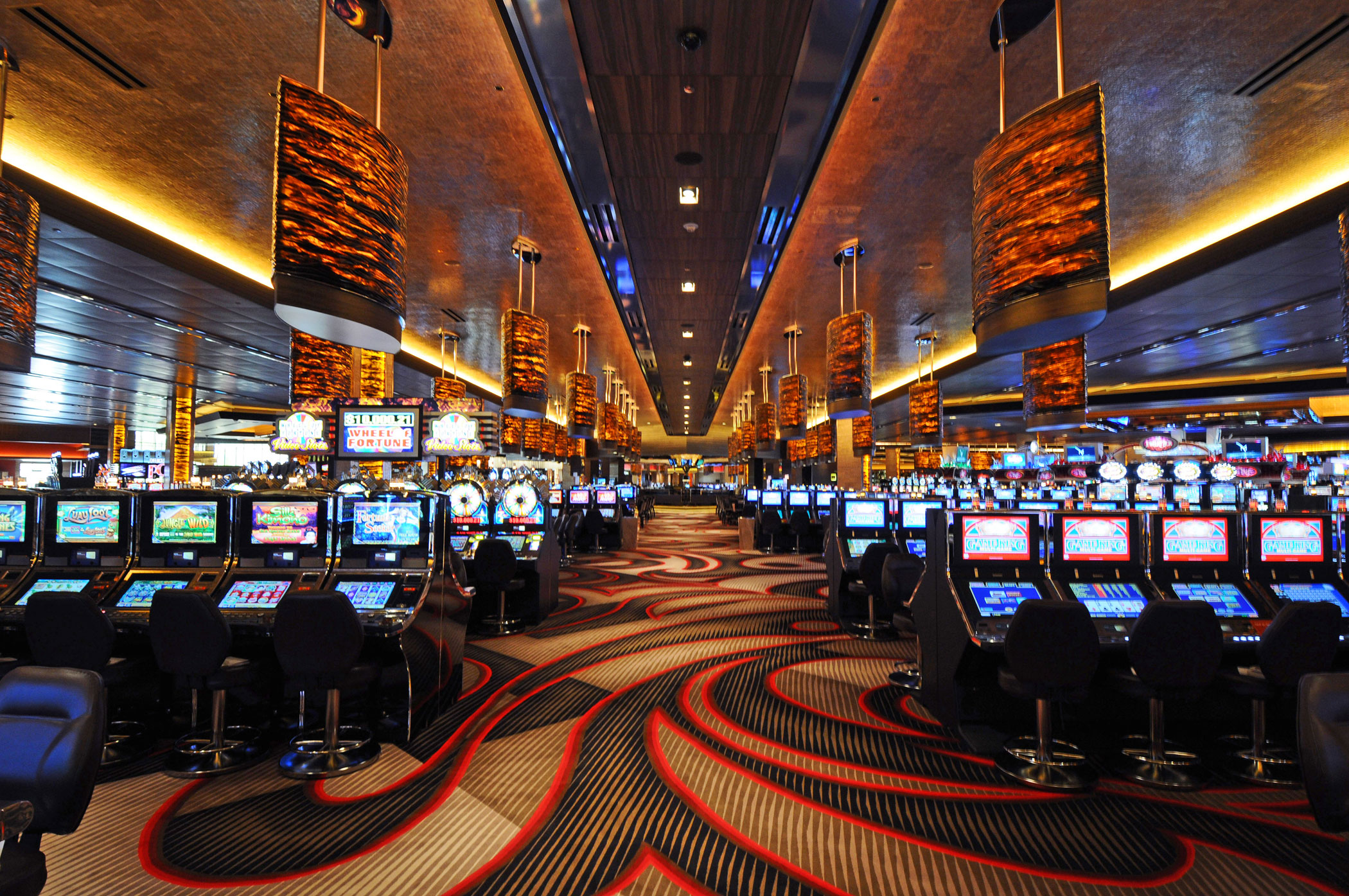
Gambling games have long enthralled players from all walks of life, enticing them into vibrant casinos filled with the sounds of spinning wheels, clattering chips, and cheering crowds. The thrill of chance and the allure of potential winnings create an exhilarating atmosphere that keeps gamblers coming for more. Whether it is the excitement of a slot machine, the thoughtful play of poker, or the anticipation of a roulette wheel, casino games offer a distinct combination of fun and risk that can be hard to ignore.
At the heart of this fascination lies a mental pull that varies from person to person. For a few, the rush of hitting a jackpot can elevate their mood, while for many, it’s a social experience that brings friends together. The colorful visuals, engaging sounds, and sometimes lavish environments of casinos further enhance the appeal, making each visit an experience waiting to unfold. As we explore why gamblers are drawn to these games, we uncover the underlying motivations and emotions that fuel their passion for the betting tables.
The Psychology of Gambling
The appeal of casino games often arises from the intricate psychology of gambling as a whole. Many players find appealing the excitement of risking money for the chance of winning more, as it speaks to a deep-seated human desire for thrill and gain. This excitement can create a powerful emotional experience. The combination of risk and potential monetary gain can activate a release of dopamine, making players feel exhilarated.
Moreover, the design of casino games is crafted to maintain players involved. The use of bright lights, enticing sounds, and the social setting of casinos can amplify the excitement. Players often find themselves immersed in these settings, where the expectation of a win draws them back repeatedly. This sensory engagement encourages extended play, as the immediate feedback from wins, however minor, reinforces the desire to gamble more.
Finally, cognitive biases play a major role in gambling behavior. Many gamblers fall prey to the illusion of control, believing they have power over outcomes even in games of chance. This mindset can lead to excessive confidence and the continuation of play, despite mounting losses. http://tmtplay10.com/ Additionally, gamblers often recall their wins better than their losses, which can alter their perception and fuel the desire to continue gambling. This complex interplay between emotions and cognitive factors helps clarify why so many are drawn to casino games.
The Appeal of Gaming Atmospheres
The environment of a gambling establishment is distinctively captivating, luring in players with its mix of thrill and anticipation. The sights and sounds of spinning gaming machines, enthusiastic participants, and the steady jingling of chips create an immersive experience that is challenging to pass up. The lively lights and energetic layout foster a atmosphere of vitality that keeps visitors involved and motivates them to stay for longer periods. This contagious atmosphere contributes to the overall charm of gaming activities, enticing both inexperienced and seasoned players alike.
Furthermore, casinos are engineered to arouse the sensory experience in a way that makes visitors feel as though they are starting on a exciting adventure. The purposeful placement of games, inviting areas, and complimentary drinks enhance the overall value, making visitors feel valued and treated well. Many gaming centers also feature themed furnishings and lavish designs that take visitors to diverse worlds, amplifying the excitement. Such settings foster a feeling of freedom, allowing bettors to ignore their everyday lives and immerse into the exhilarating domain of gambling.
Finally, the existence of fellow participants amplifies the communal element of gaming, creating a shared thrill. Connections among gamblers, whether through playful banter or collective joy during a huge success, cultivate a sense of community that many find attractive. This interpersonal interaction enhances the experience of playing gambling experiences, transforming it from a individual activity into a joint journey. The combination of excitement, captivating atmospheres, and social ties makes gaming venues an compelling place for bettors seeking recreation and a chance to profit.
Understanding Casino Mechanics
Casino games are engineered with distinct mechanics that draw in players. Every game has its own set of rules, stake frameworks, and probability ratios, allowing players to engage with the game on various levels. The thrill of making a bet and the anticipation of the outcome creates an exciting atmosphere. Comprehending these mechanics can deepen a player’s appreciation for the game and enhance their overall experience.
An additional crucial aspect of game mechanics is the principle of randomness. Many casino games, especially video slots and table games, rely on randomizers or shuffling to determine outcomes. This randomness is what keeps players coming back; the unpredictable nature of the game creates a feeling of anticipation and excitement. Knowing that each play or hand is independent of the last adds to the appeal, as players believe they have a chance at winning, regardless of past outcomes.
Ultimately, the emotional response tied to game mechanics should not be overlooked. The excitement of a major payout or the tension during pivotal moments are fundamental to the enjoyment of casino games. These emotional highs and lows exploit psychological triggers that keep players engaged for extended periods. Understanding these emotional responses to game mechanics can help explain why so many are drawn to the thrill of casino games, continually seeking that following exhilarating moment.